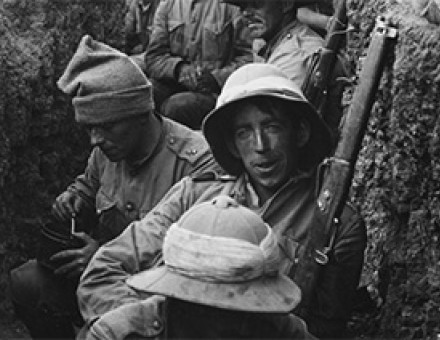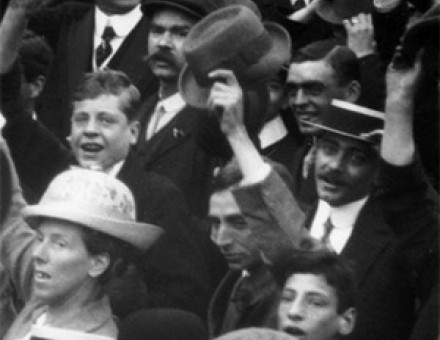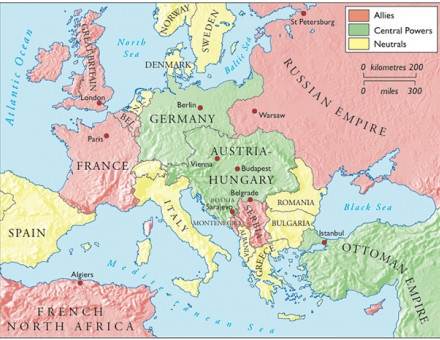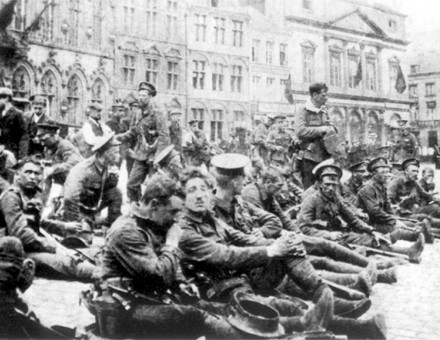The Boer Rebellion of 1914
When Great Britain entered the First World War, writes N.G. Garson, memories of their struggle for independence were still fresh in the minds of many Afrikaners; rather than accept its decision to follow the Empire’s lead, they took up arms against their own government.






